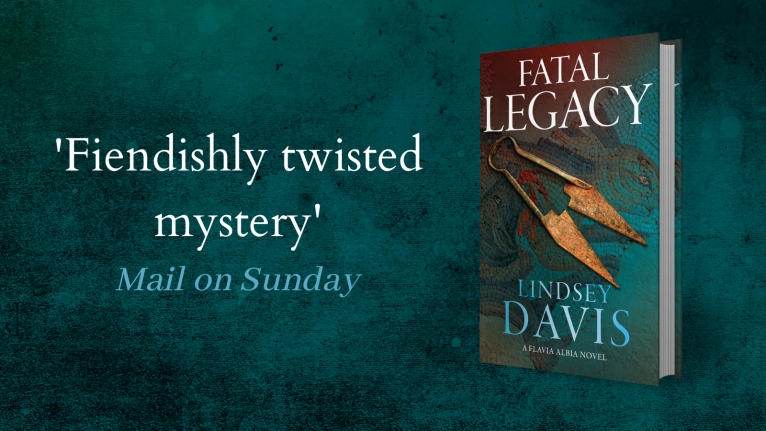Is the Covid 19 pandemic a modern-day Black Death?

The short answer is no. Not at all. And yet, when reading some newspaper articles in the last few days, I’ve seen this crisis described as a modern day plague, with all sorts of allusions to that most deadly of diseases, The Black Death of 1348-50. I guess it’s an easy comparison to make – tempting (particularly amongst those of us who are addicted to the Armageddon narrative) to think that we are about to experience something of that magnitude – but I believe we should think twice before mentioning these two diseases in the same breath. It’s flippant at best and dangerous at worst.
That’s not to say that there aren’t some intriguing similarities. The Black Death started somewhere in the East (probably Mongolia) and then spread into Europe, making its first and most deadly impact in Italy. It was highly contagious and spread from person to person via droplets. (I’ll come onto rats shortly.) In the anticipation of its arrival, there was panic buying. For example, in London there was a run on the medieval equivalent of hand sanitizer – leather gloves.
The similarities appear to go on. Once plague arrived on our shores in 1348, there were people doing pointless, counterproductive things in order to protect themselves. Does this sound familiar? In 1349 the flagellants were moving from village to village, whipping themselves in the hope that God might spare them. In 2020 we are stockpiling toilet roll for no conceivable reason. And then there’s the actions of the rich and famous. Yesterday I read that the super rich are sailing the seas, keeping apart from the infectious hoi-polloi in their mega yachts. In 1349, it ‘s notable that the royal family suffered only one loss to their number, since they holed themselves up for months in Windsor Castle. And last, but not least, the conspiracy theories. Covid 19 has been caused by everything from “Big Pharma” to bat soup. According to the theorists of 1349, the Black Death could be blamed on anything from bad planetary alignment to the ‘immoral’ fashion amongst the young men of the time for wearing short tunics and revealingly tight trousers.
But here, luckily for us, is where the similarities end. Firstly, the Black Death was caused by a bacteria and not a virus. If you caught the pneumonic, not the bubonic version of this plague – the type that infected the lungs and passed from person to person without the need for rats – then you had a 100% chance of dying. It struck the young, the old, the well and the infirm with equal ferocity and is thought to have caused most of the deaths during those years.
The Black Death killed 50% of the population. 50%! The population of England took 250 years to recover. According to the very worst estimates, Covid 19 will kill less than 1% of our population. In 1349 there were no hospitals, no useful medicines, no government aid, and no social media, other than gossip and a weekly sermon. The people of 1349 literally had no defence against this disease, other than to keep well and truly away from it. No trips to Snowdonia or the seaside for them. This was true lockdown. It was a devastating pestilence, the likes of which we will hopefully never see again.
But, there was a positive side to this terrible story, and here, perhaps is where we might feel able to make a comparison? Despite all the despair and loss of life following the Black Death, it’s worth remembering that England got back on its feet very quickly after a few short months of chaos. The Black Death, despite all of its vicious mortality, did not cause society to collapse. Far from it. But it did cause society to change. The end of feudalism and the roots of the Reformation can both be traced back to the Plague. So, perhaps that is something we can hope for when this all ends? Meaningful, long-lasting change for the better? I certainly hope so.

S.D. Sykes is the author of the gripping Oswald de Lacy series, set in the tumultuous middle decades of the fourteenth century – in the aftermath of the Black Death.
‘The medieval CJ Sansom’
Jeffery Deaver






